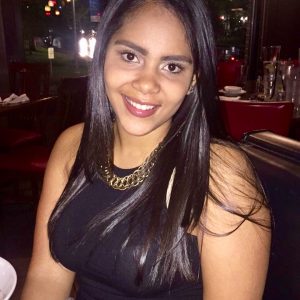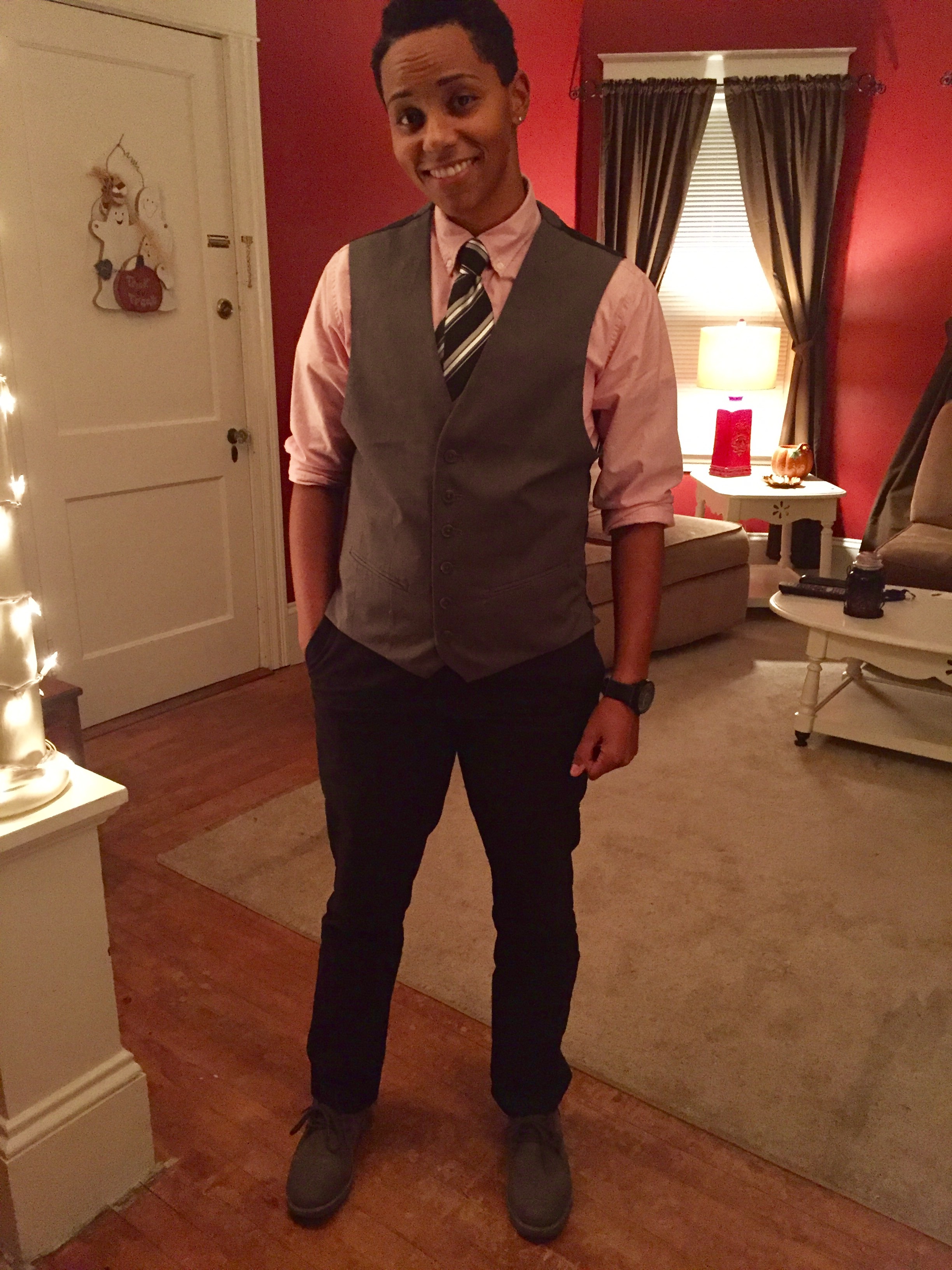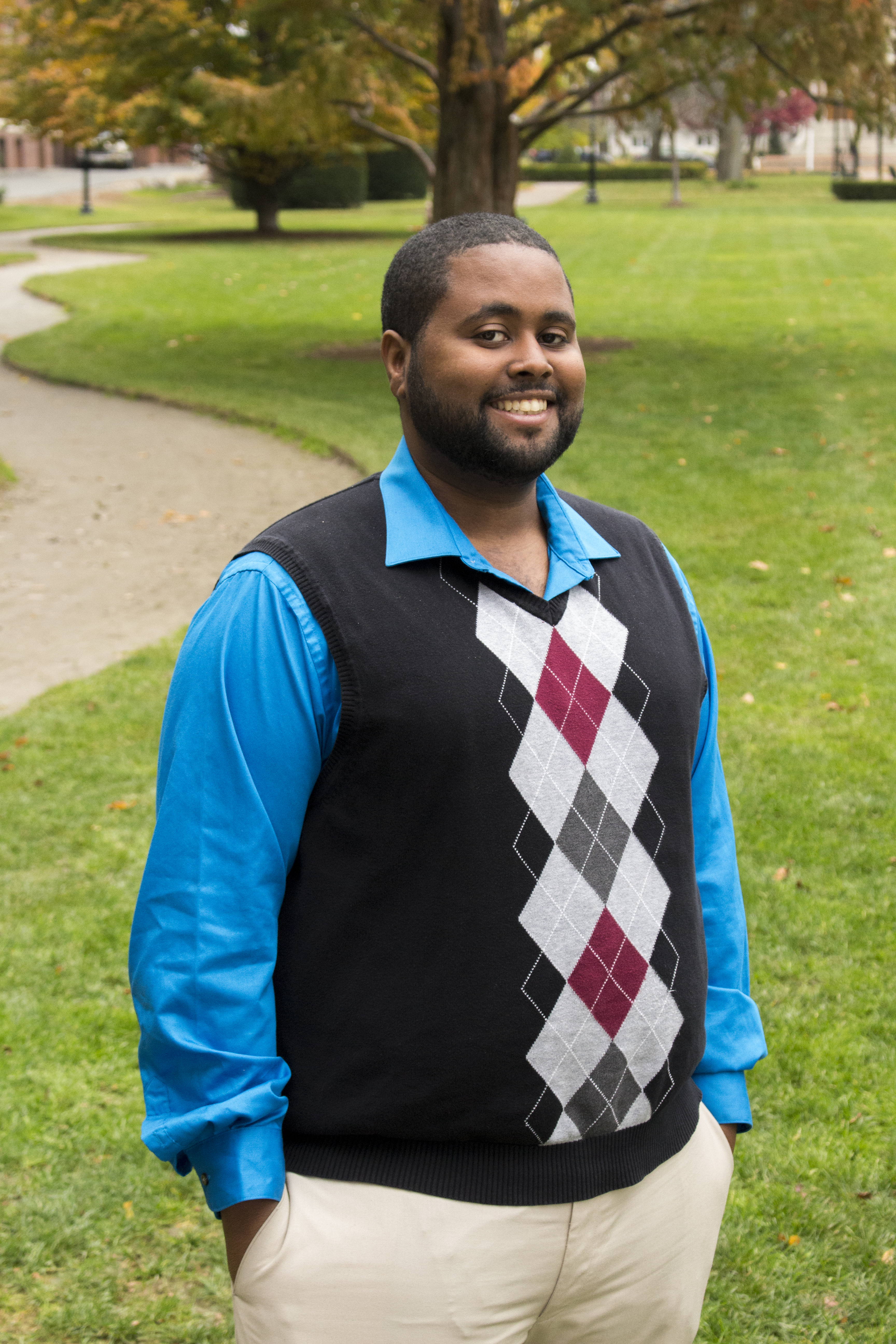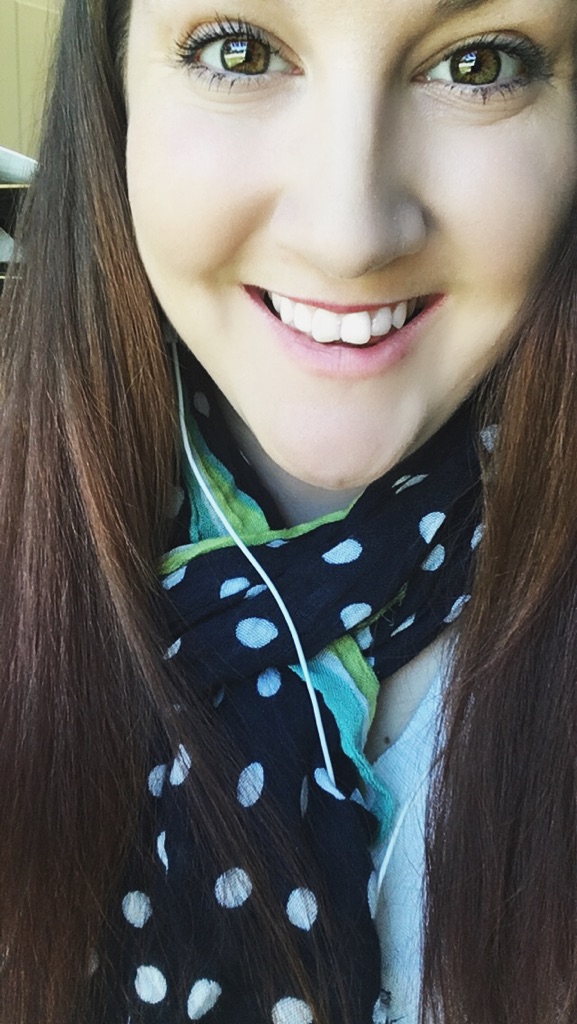 Where are you working right now?
Where are you working right now?
I am currently a Graduate Resident Director at Salem State University in the Office of Residence Life and Community Standards. I oversee a student staff of approximately 30 students and 300+ residents. Alongside being the advisor for Community Council and co-chair for the Mental Health Awareness Week Committee.
What do you love about working there?
I love the students at Salem State University and the amount of diversity you see on campus. The students really shape your experience here in a positive way. I love when students come to my office just to talk about his or her day. Most importantly, I love seeing the students grow as a person in the community and as a student. I also love the people that I work with in the Office of Residence Life. I felt welcomed since the very first day and the amount of support I am given is incredible. It makes working here really enjoyable.
When you aren’t working, how do you spend your free time?
During my free time, I enjoy reading books, watching movies, listening to spoken word and music as well as spending time with my family and close friends.
What is your favorite grad school class and why?
I would have to say my favorite grad school class as of right now would have to be Student Development Theories. It was really fun learning about the different student development theories and finding ways to apply those theories to my daily work. My assistantship gives me the opportunity to interact with students often, and during those interactions I could not help but think about the theories that best represented the students during that specific stage in his or her life. This class also gave me the opportunity to think about my own personal development and get more in tuned with my own identity. It is important to know your own identity and development process to be able to help and understand the students you work with.
Who inspired you to get involved in Higher Education?
During my undergraduate experience at Providence College I was always involved. I was a resident assistant for two years. I was treasurer and then president of the Organization of Latin American Students. I was a mentor for multicultural first year students and I helped co-found the Providence Immigrant Rights Coalition to help support and bring awareness of undocumented students on campus. My involvement on campus definitely sparked my interest in higher education, but my mentor Federica Bucca solidified that interest for me. Federica supported me through the entire grad school and assistantship search process. She always motivated me and gave me words of encouragement.
What is the most valuable lesson you have learned in your career (so far)?
Most valuable lesson I have learned is that every student is different. No two students are the same. Every student is at a different development stage in life and I need to take that into account when I am interacting with students on a daily basis. It is important for students to know that as student affairs professionals we truly care for their well-being and we care for their academic success. Students have no interest in what we have to say until they know that we truly care for them as individuals.
What is on your Higher Ed bucket list?
My ultimate goal is to become a Dean of Students. However, before I get there I would like to gain experience working with sexual violence prevention services, title ix investigation, and assisting undocumented students in having a more smooth college experience.
What advice would you offer to undergraduate seniors who are staring to search for grad programs?
I would say to consider all your options. Do not be afraid to step outside of your comfort zone and go somewhere away from home. Most importantly, look into graduate assistantships. There are positions available that offer tuition remission. It really helps with the cost of grad school. Visit your Career Services office on campus. During my search process, career services helped with my resume, my personal statement, cover letters, and they conducted mock interviews, which really helped in preparing me for my interviews.



